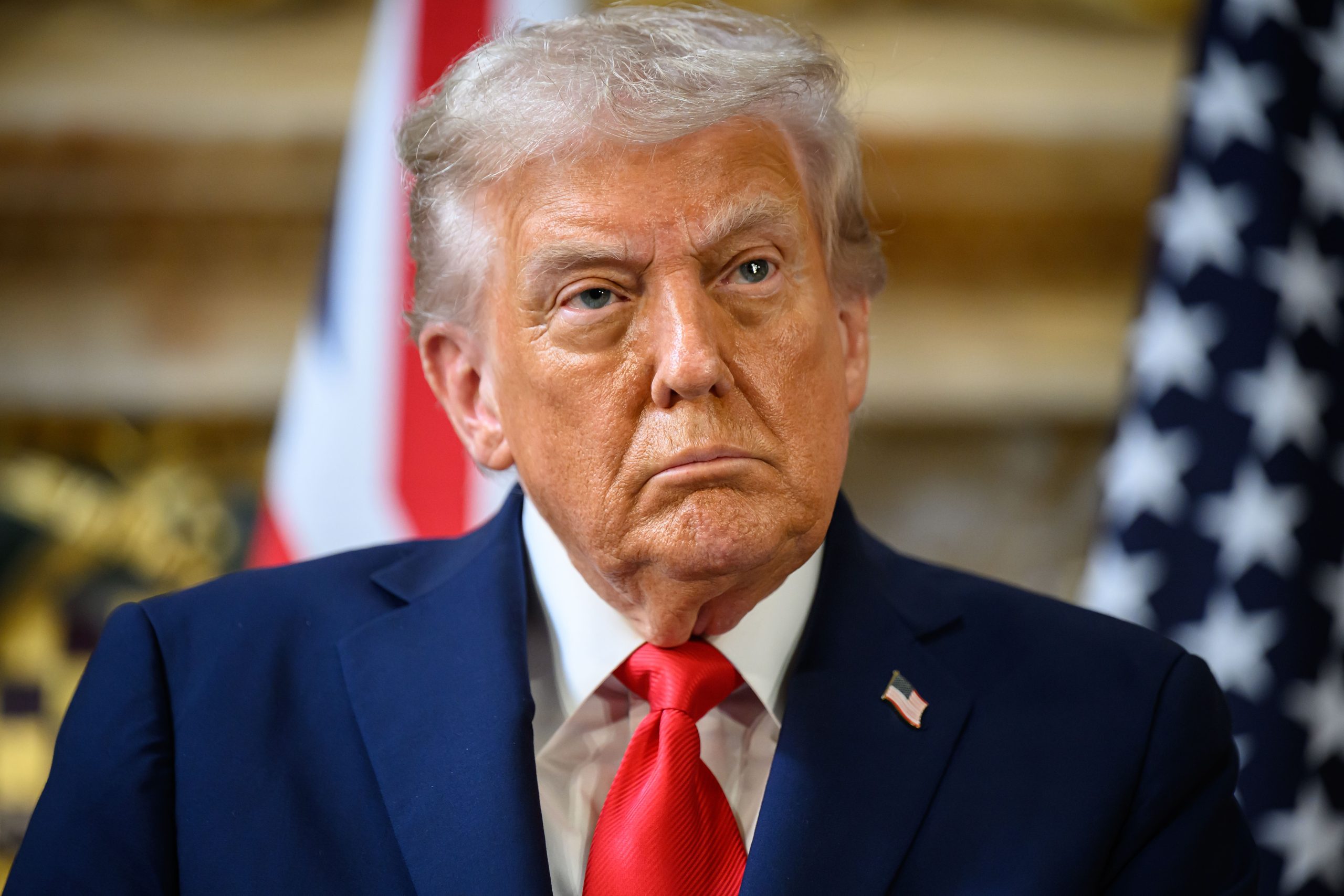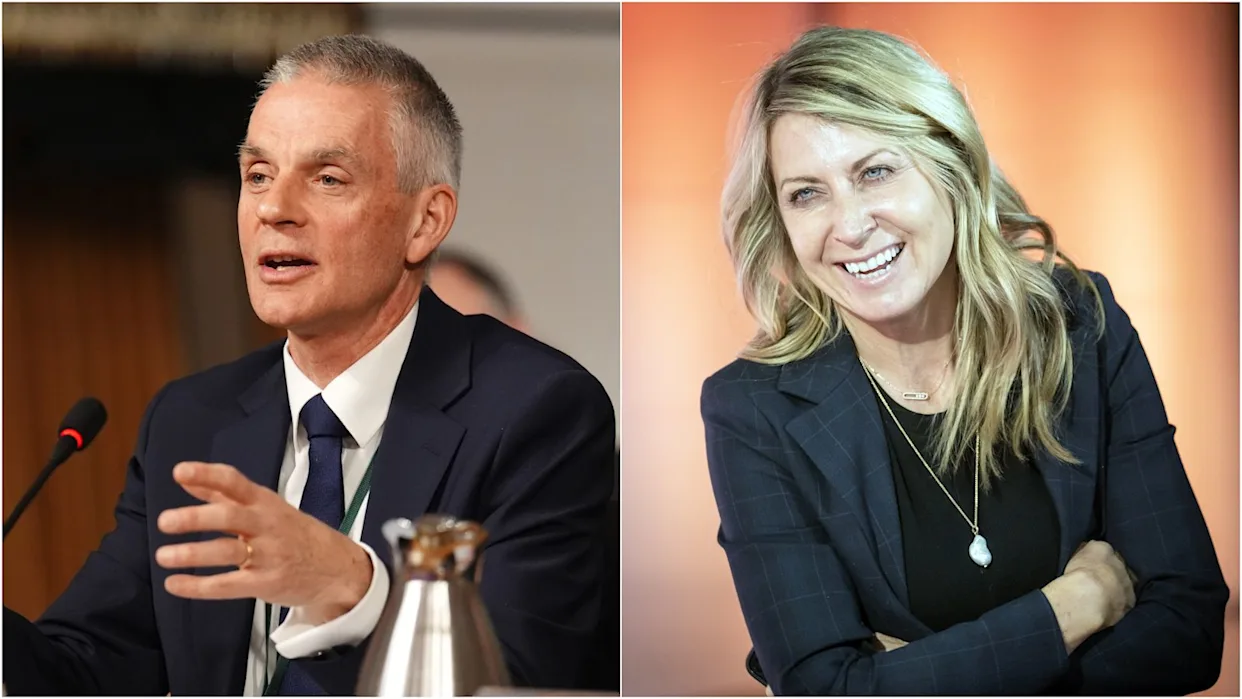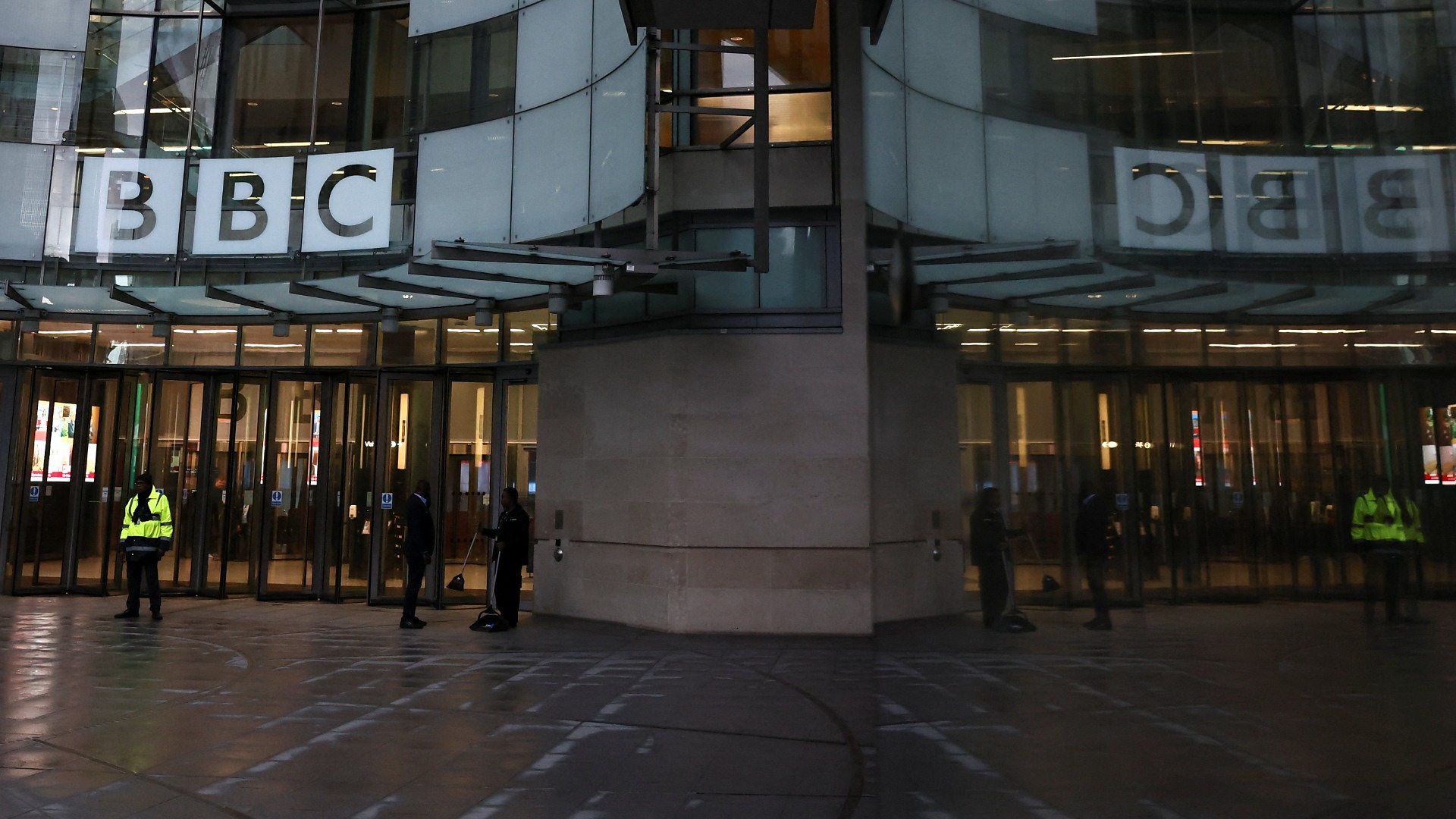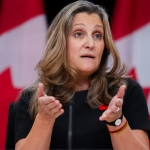The Wallet Watch: How a BBC Payout Could Squeeze Your Licence Fee
At its core, the BBC operates like a community co-op on steroids, funded almost entirely by the £3.8 billion in annual licence fees from 24 million UK households, plus scraps from ads and exports. Unlike Netflix, with its subscriber surges and investor cushions, the BBC lacks a safety net for shocks like this $1 billion (£760 million) sword of Damocles. A payout, even sliced to $100 million, would gobble reserves equivalent to a year's worth of local radio output.
Media lawyer Mark Stephens, speaking to the Associated Press, captured the heartbreak: a massive award "could crush the news organization that is mostly funded through a fee charged to all television owners in the U.K." It's not abstract – picture your evening news thinner, or Strictly Come Dancing episodes shorter, as budgets slash to recover. Last year's £5.9 billion revenue barely covered operations; this threat diverts funds from digital upgrades needed to fend off TikTok and YouTube.
Why should you care? Your wallet takes the hit, either via stealthy fee hikes (frozen since 2020 but eyed for 5-10% bumps) or service dips that make the fee feel like a rip-off. Historical data backs the sting: after a 2012 executive scandal, cuts axed 1,000 jobs and hiked fees by 6%, passing £40 million in pain to households.
Here's the fresh insight to act on: track the ongoing government review of BBC funding, set to report by March 2026, as this lawsuit injects urgency, insiders predict it could trigger an emergency clause reallocating £200 million from taxes if reserves dip below 8% of revenue. Practical step? Email your MP today via theyworkforyou.com, urging safeguards like a dedicated legal indemnity fund for public broadcasters. This isn't just watching from the sidelines; it's protecting the shows and stories that bind us.

Donald Trump speaks out about his dispute with the BBC, vowing to take legal action over the network’s alleged bias and misleading edits.
Why Trump's Team Is Pushing for $1 Billion – And the BBC's Firm Stand
Trump's camp views this as a golden opportunity to strike back at critical coverage, especially after similar wins against US networks like Paramount. They claim the edit inflicted "overwhelming reputational and financial harm," tying it to lost endorsement deals and voter sway. A win here could net the largest penalty ever against a UK media outlet, dwarfing past cases by orders of magnitude.
The BBC counters with a robust five-point defence in its response letter. First, the programme never aired in the US, limiting any real-world damage. Second, Trump's landslide re-election undermines claims of lasting injury. Third, the mistake stemmed from sloppy editing, not deliberate malice. Fourth, the clip spanned just 12 seconds in a 60-minute film. Finally, American defamation standards shield robust political discourse, making a payout unlikely. Insiders whisper that negotiations simmer behind closed doors, but the BBC has allocated millions for a potential defence, drawing from its £477 million cash reserves.
This standoff feels personal, almost visceral – a reminder that even behemoths like the BBC can stumble, and the fallout ripples far beyond studios.
A Second Scandalous Clip Emerges, Raising the Stakes
Compounding the crisis, a fresh allegation surfaced yesterday from a 2022 Newsnight segment, where another edit allegedly twisted Trump's remarks on election integrity. Trump's attorneys pounced, framing it as a "pattern of deception" that bolsters their leverage. For the BBC, this twin blow means double the scrutiny and legal prep, with executives scrambling to audit archives for similar slips.
Media observers note this echoes Trump's playbook: amplify errors to extract concessions. Yet it also spotlights broader vulnerabilities in fast-paced newsrooms, where tight deadlines clash with fact-checking rigour. The human cost mounts too – whispers of internal resignations swirl, as staff grapple with the blame.
Public Fury Erupts Over Who Pays the Price
Across social media and pub chats, Britons vent frustration that their hard-earned licence fees might fund this transatlantic tussle. "Why should we bail out BBC blunders with our TV tax?" one viral post fumed, capturing a swell of anxiety in these squeezed times. Polls today show 62% of viewers worry about service cuts if costs spiral, fuelling debates on the fee's future.
It's a gut punch, really – families already pinching pennies amid inflation now eye their £169 annual bill with fresh dread. According to analysis reviewed by Finance Monthly, this saga could accelerate calls for fee reform, hitting regional news and kids' programming hardest.

A 50/50 image of Tim Davie and Deborah Turness, the two senior BBC executives whose resignations underscored the scale of the fallout from the Panorama editing scandal.
The Path Forward: Legal Battles and Lingering Shadows
As talks drag on, the BBC braces for a protracted fight, possibly in US courts where Trump holds home advantage. A partial settlement seems improbable, but even victory demands hefty fees – think £10-20 million, per legal estimates. Trump, ever the showman, frames this as vindication against "fake news," boosting his base while testing press freedoms globally.
Should he prevail, precedents could chill investigative reporting worldwide, from London to Lahore. For now, the BBC recommits to editorial safeguards, but the damage lingers, eroding trust one clipped word at a time.
Burning Questions on the BBC-Trump Firestorm
What Is Donald Trump's Net Worth in 2025?
Forbes pegs President Trump's fortune at $6.4 billion as of September 2025, a surge from crypto ventures like his $Trump token and real estate rebounds post-re-election. Yet lawsuits like this BBC clash nibble at edges – legal fees alone topped $100 million last year. For everyday folks, it underscores how his wealth shields bold moves, while ours funds the defences. This estimate excludes classified assets, but it cements his status as America's richest commander-in-chief, blending business savvy with political clout.
Could the BBC Actually Pay Trump's $1 Billion Demand?
Unlikely, experts say, given the broadcaster's £477 million reserves pale against that sum – it'd wipe out 15% of its £5.9 billion yearly pot in one gulp. Courts favour free speech here, and Trump's team must prove tangible harm in Florida, a tall order since the doc skipped US airwaves. Even a slimmed-down award, say $50 million, sparks fee tweaks or ad reliance, eroding impartiality. Viewers might see fewer probes into power, a quiet win for the sued but a loss for scrutiny we all rely on.
Why Did the BBC Edit Trump's Speech in the Panorama Documentary?
The splice aimed to highlight rally rhetoric but clumsily merged non-sequential lines, implying direct violence calls that weren't there – a 12-second flub in an hour-long probe of his comeback bid. BBC bosses called it an "editorial lapse" under deadline heat, not malice, and yanked the film today to stem bleeding. It spotlights newsroom pressures in our 24/7 era, where one slip fuels firestorms, reminding us journalism's human side often bites back hardest on the public trust.














